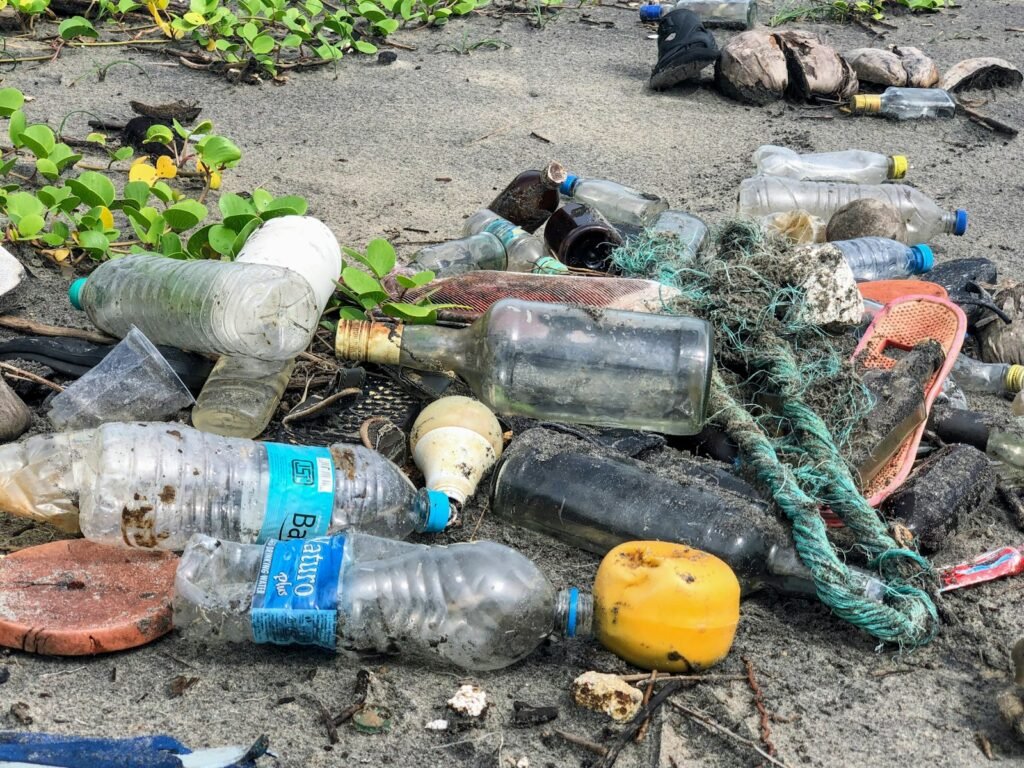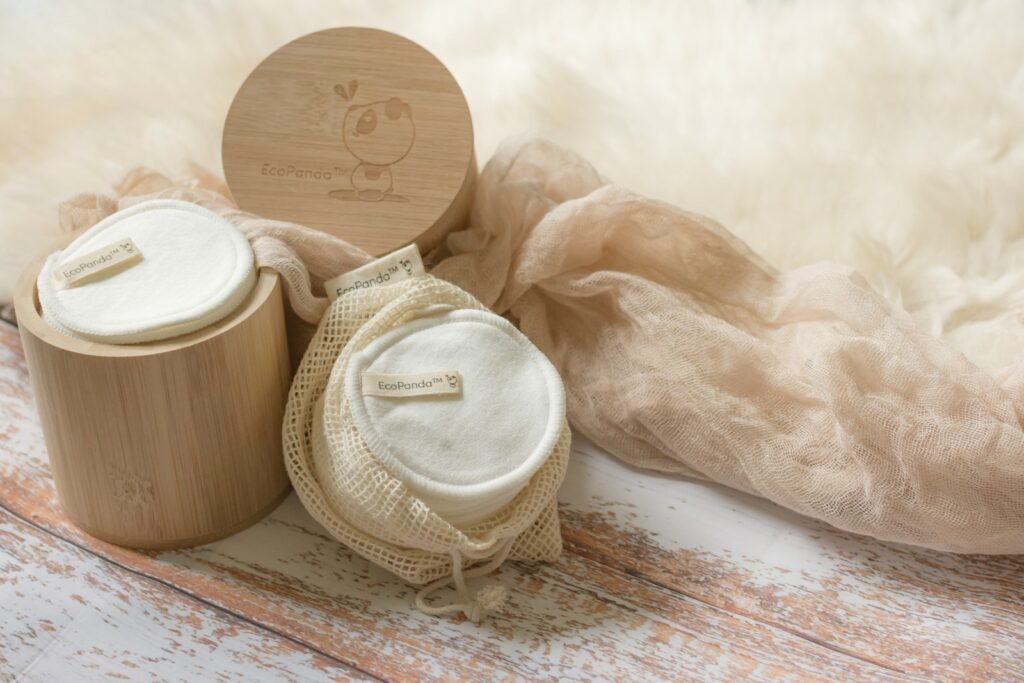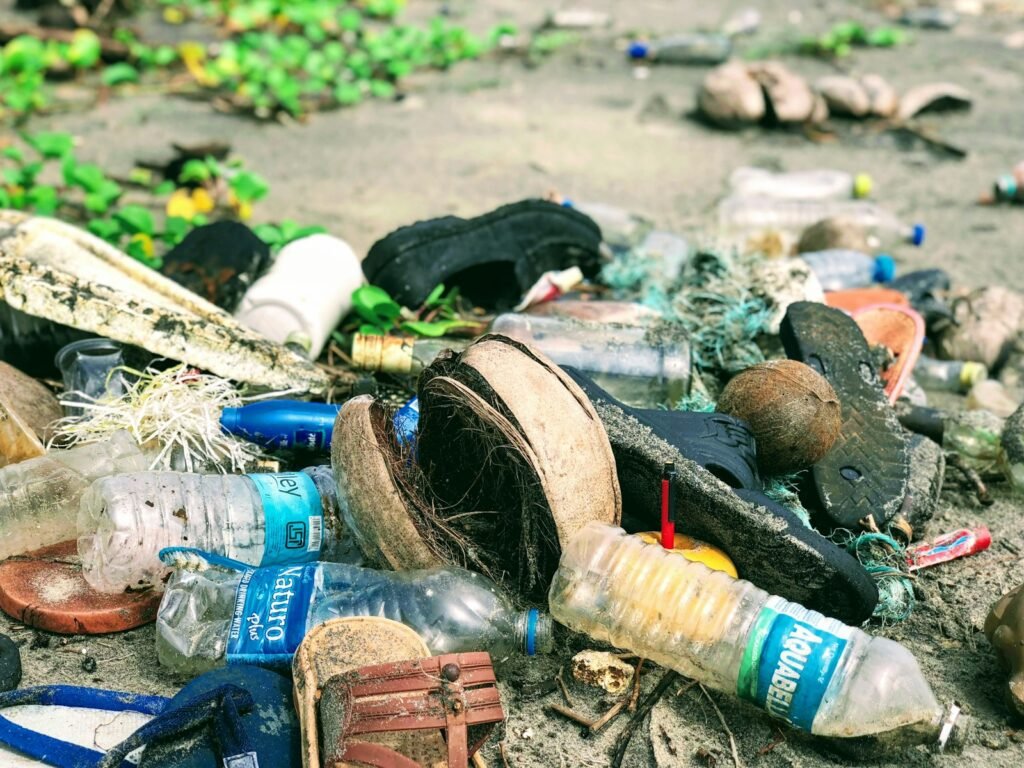In a world where waste is a big problem, small changes like using reusable products can make a big difference. This guide will show you how reusables help reduce waste and protect the environment.

Why Reusable Products Matter
Reusable products are becoming more popular as people realize the importance of sustainability. They help reduce plastic waste, lower carbon emissions, and save money in the long run. In this article, we’ll explore the many benefits of using reusable products in your daily life.
The Problem with Single-Use Plastics
Single-use plastics are a major source of pollution. They take hundreds of years to decompose and often end up in oceans, landfills, or wildlife habitats. By switching to reusable products, you can help reduce this environmental harm.
The Rise of Sustainability Trends
More people are choosing eco-friendly alternatives like reusable bags, bottles, and containers. This shift is driven by a growing awareness of the impact of plastic waste on the planet.
The Environmental Benefits of Reusables
Reusable products help reduce landfill waste, lower carbon emissions, and conserve resources. They are an essential part of a sustainable lifestyle that benefits both people and the planet.
The Environmental Impact of Single-Use Products
A. Plastic Waste Statistics
Every year, millions of tons of plastic waste are generated globally. A significant portion comes from single-use items like bags, bottles, and packaging.
B. Resource Consumption
Producing single-use items requires a lot of water, energy, and raw materials. Reusable products reduce the need for these resources by being used multiple times.
C. Long-Term Harm to the Planet
Plastic waste harms ecosystems, pollutes oceans, and contributes to microplastic pollution. Reusables help reduce this damage by minimizing waste generation.
The Benefits of Using Reusable Products
A. Reduce Waste
Reusable products last longer than single-use items, reducing the amount of trash generated in your home and community.
B. Save Money in the Long Run
Although reusable products may cost more upfront, they save money over time by eliminating the need to buy new disposable items regularly.
C. Lower Carbon Footprint
By reusing products instead of buying new ones, you reduce the energy and emissions needed to produce and transport single-use goods.
D. Support a Circular Economy
Reusable products help create a closed-loop system where items are used multiple times rather than being thrown away, promoting a more sustainable economy.
Common Reusable Products for Daily Life
A. Reusable Shopping Bags
Made from canvas, jute, or recycled materials, reusable shopping bags are an easy and effective way to reduce plastic waste.
B. Reusable Water Bottles and Coffee Cups
These items help reduce the need for single-use plastic bottles and cups, saving money and reducing environmental impact.
C. Reusable Food Containers
Use these to store lunches, leftovers, or meals on the go—reducing the need for disposable containers and bags.
D. Bamboo Toothbrushes and Towels
Sustainable alternatives to plastic toothbrushes and disposable towels that help reduce waste and support eco-friendly brands.
E. Reusable Silicone Food Covers and Straws
These are great for food storage, beverages, and reducing single-use plastic consumption in daily life.
How to Start Using Reusable Products
A. Begin with One Product at a Time
Start by switching to a reusable water bottle or shopping bag, and gradually add more reusables as you get comfortable.
B. Choose Quality Over Quantity
Invest in durable, high-quality products that last for years instead of cheap, disposable ones.
C. Educate Yourself and Others
Learn about the environmental impact of single-use products and share your knowledge with friends and family.
The Role of Reusable Products in a Sustainable Lifestyle
A. Reduce Overall Waste
Reusable products help cut down on the amount of waste generated daily, making a meaningful impact on the environment.
B. Encourage Mindful Consumption
Using reusables encourages people to think more critically about their consumption habits and make more sustainable choices.
C. Support Eco-Friendly Brands
Choosing products from companies that prioritize sustainability helps promote responsible business practices and environmental protection.
Conclusion
Sustainable living starts with small, mindful choices like using reusable products. By reducing waste, saving money, and lowering your carbon footprint, you can make a meaningful difference for the planet. Start today with one change—and build from there!







